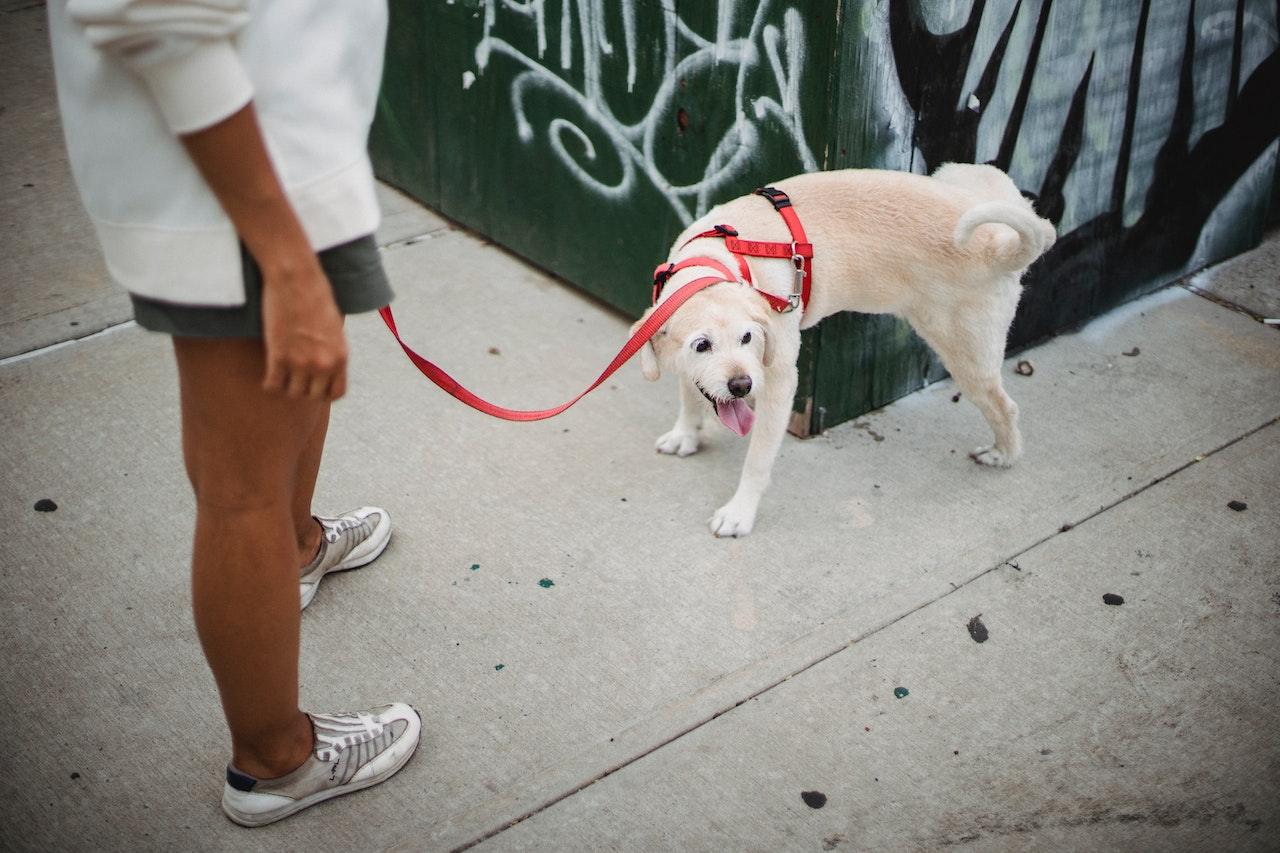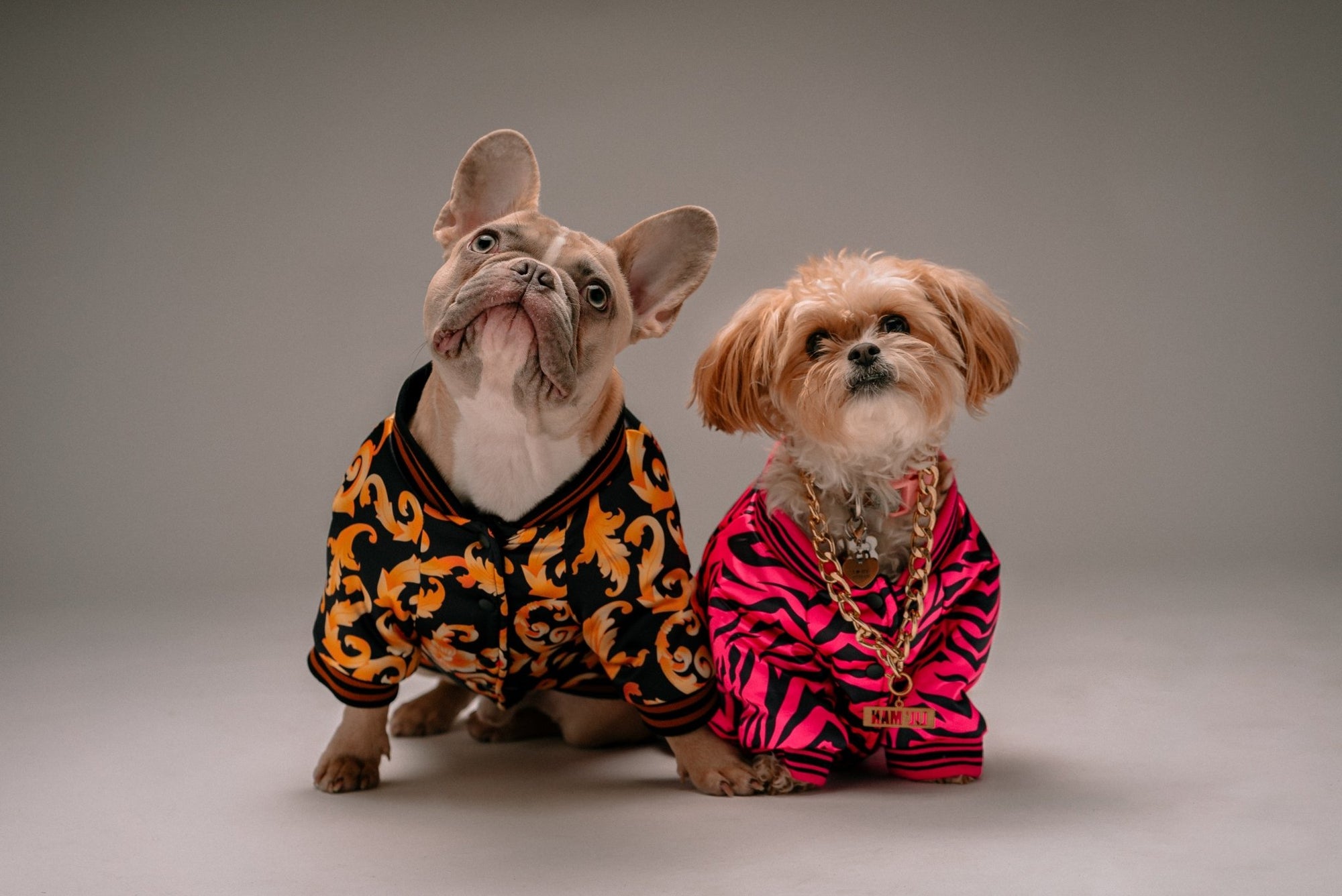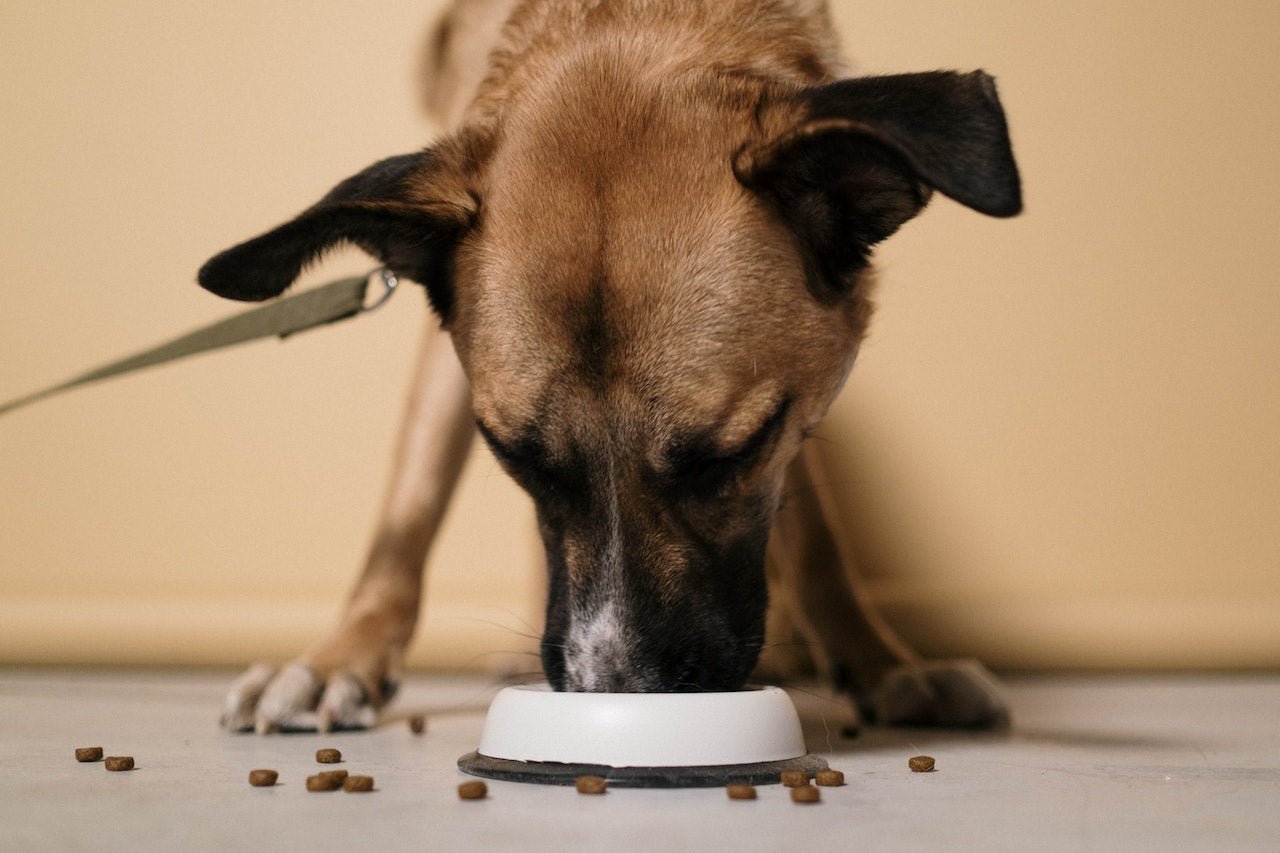How to Deal with Dog Wetting the Bed - Cleaning up accidents is a normal part of a puppy parent’s job, but your dog shouldn’t be wetting the bed at night. Furthermore, If your dog is wetting the bed at night or when it sleeps, it’s usually a symptom of a bigger health concern. Also, We’ll list the most common dog bedwetting causes and what you need to do to help your furry family member.
Do Dogs Pee in Their Sleep?
Not normally. Unlike small human children, puppies and dogs do not wet their beds while they are sleeping. If your puppy or dog pees while sleeping, it is probably related to a health concern.
Related Link: Why Do Dogs Howl?
Most Common Reasons Your Dog is Wetting the Bed While Sleeping
Here is a list of typical dog bedwetting causes:
Urinary Tract Infection
Dogs are very susceptible to urinary tract infections, which can lead to decreased bladder control. Symptoms of a urinary tract infection (UTI) include:
- Frequent urination
- Whining while urinating
- Blood in urine
- Licking of genitals
- Dripping urine
- Strong odor
- Urinating while at rest
Bacteria that get inside the urethra and bladder are the leading cause of a UTI. To get rid of the bacteria and infection, you’ll need to take your dog to the vet. The vet can run a urinalysis for a culture and sensitivity test. If your dog has a UTI, the vet will prescribe an antibiotic and possibly pain medication, depending on the severity of the infection.
Hormone Responsive Urinary Incontinence
Hormone responsive urinary incontinence often occurs in middle-aged, neutered dogs of both sexes. However, it is most common with female dogs because it is linked to your dog’s estrogen levels.
When the dog is spayed, it reduces its ability to produce estrogen, which helps control a dog’s urethral sphincter. As the dog ages, the sphincter becomes more relaxed and can cause urine leakage when the dog rests. Older dogs can also produce more urine that puts strain on the dog’s bladder, which pushes against the weak sphincter.
The good news is that a veterinarian can treat this with a prescription. So if it becomes a common occurrence for your dog, you should get them into the vet as soon as possible, unless, of course, you love washing your dog’s bed every morning.
Dementia
As your dog ages, it can become senile, which is a condition that can affect its bladder control while sleeping. Other symptoms of dementia in dogs, include:
- Disorientation
- Sleep-wake cycle changes
- Urinating in the house or bed
- Altered interactions with other pets or family members
- Changes in activity level
- Aggression or excessive barking
- Loss of appetite
- Memory loss or forgetting training
- Doesn’t respond to name
Dementia is often caused by a cognitive decline as your dog ages. If your dog suffers from dementia, you may want to take your dog to the vet to determine treatment options. To help prevent dementia, you’ll want to keep your dog physically and mentally active as they grow into adulthood.

Most Common Reasons Your Dog is Wetting the Bed While Awake
Dogs do not commonly urinate in an area where they sleep. So if your dog wets the bed while awake, it can be linked to:
Stress, Anxiety, or Fear
When your dog becomes uncomfortable in a situation, it can show signs of stress, anxiety, or fear. And some dog breeds are more susceptible to anxiety. Unfortunately, for some dogs, when they are stressed or fearful, they can experience uncontrolled urination. Other symptoms of stress are:
- Pacing or shaking
- Whining or barking
- Drooling
- Licking
- Changes in eyes and ears
- Changes in body posture
- Shedding
- Uncontrolled urination
- Avoidance
- Hiding
To reduce stress or anxiety for your dog, you’ll want to remove the dog from whatever is causing stress. Comfort your dog and give them commands that they can follow to create normalcy to the situation. If your dog struggles to come down, you may want to give them a CBD supplement to help calm nerves.
Want a CBD calming treat to help your dog relax? Shop Dope Dog’s Calming Crunchies variety pack.
Related Link: Dog Anxiety: What Dog Owners Need to Know
Marking Its Territory
Another common reason your dog may wet the bed while awake is to mark its territory. This is particularly true for male dogs, but female dogs have been known to do it too. The dog will mark its territory or area by urinating on objects in the home, yard, on walks, etc.
Dogs mark their surroundings and belongings to:
- Lay claim to objects or areas
- React to environmental changes in the yard, home, or walk route
- Impress nearby female dogs
- Excitement
- Lack of indoor training
- Separation anxiety
There are several things you can do to help your dog stop peeing on the bed while awake:
- Spay or Neuter Your Dog
- Keep Them Away from Objects They Like to Mark
- Clean Marked Areas with Enzymatic Cleaners
- Put them in a Doggie Diaper
- Restrict Other Dogs from Visiting
Unfortunately, marking their territory is a natural habit. You’ll need to work with your dog diligently to help them fight the urge to urinate on things or areas of your home. If you need more ideas, talk to your vet.
To help calm your dog, you could give them a Dope Dog CBD Calming Treat to help relax your dog’s need to mark its area.

Talk to Your Vet About Peeing the Bed
If your dog continues to wet the bed, you may want to get them into the vet. A veterinarian will be able to diagnose why your dog is urinating in unsanctioned areas of your home and rule out any possible diseases or urinary infections.
Dope Dog offers high-quality CBD products to boost your dog’s immune system. Our CBD treats, shampoos, and oils support your dog’s development and relieve inflammation and joint pain for older dogs.
Does your dog need a natural calming supplement? Shop Dope Dog CBD oils to relax your dog.
Related Link: 9 Best Ways to Calm Your Dog


















